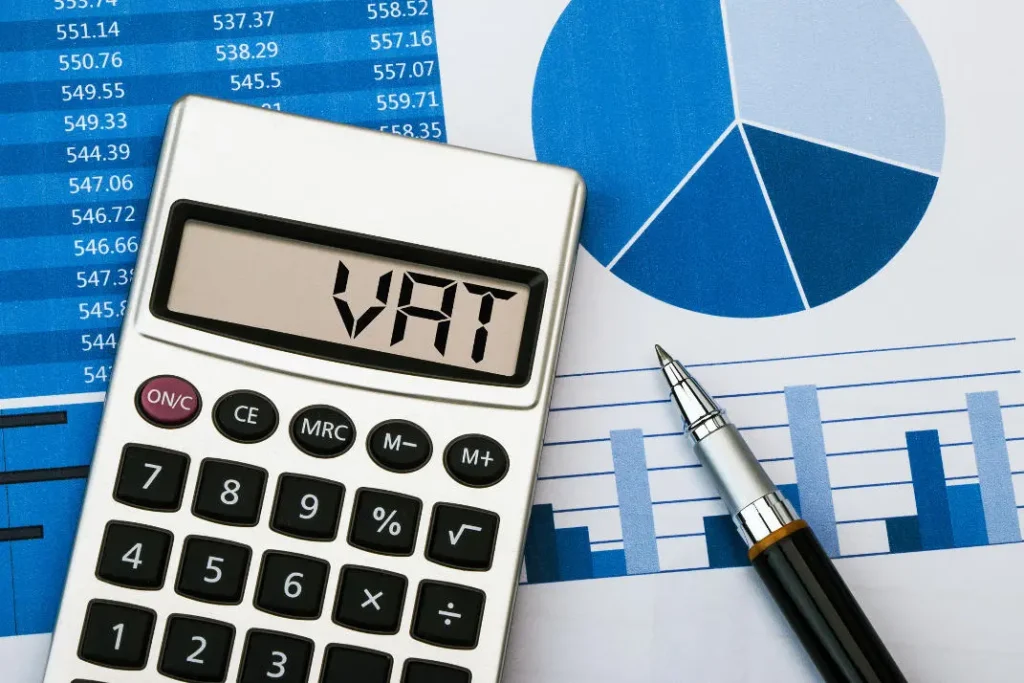Introduction
Foreign investors embarking on business ventures in Thailand often encounter the intricate regulations of the Foreign Business Act. This Act, designed to oversee business activities, imposes restrictions on foreign enterprises operating in Thailand. To navigate these regulations, foreign investors may seek a Foreign Business License, an essential requirement for certain business activities in the country. However, a central component of obtaining this license is submitting a technology transfer plan, which can be a perplexing requirement for investors unfamiliar with the intricacies of what constitutes “technology” and the specific criteria this plan must encompass.
Key Points
- Foreign investors must submit a technology transfer plan to obtain a Foreign Business License.
- Applicants do not need to share trade secrets in their plan.
- Technology transfer involves transferring knowledge and skills.
What is the Role of Technology Transfer Plans in Foreign Business Licence Applications?
As per Section 5 of the Foreign Business Act, issuing a Foreign Business License to a foreign individual or entity aiming to conduct restricted business activities requires a technology transfer. Therefore, applicants must obtain a technology transfer certificate.
The technology transfer plan is an essential component in the evaluation process for granting the Foreign Business License, and its quality and completeness directly influence the likelihood of approval.
How do you Define a Technology Transfer?
A vital point to clarify is that the technology transfer does not require sharing trade secrets. Instead, it relates to sharing scientific knowledge, technical proficiencies, practical experiences, or methodologies that empower the recipient to apply the transferred “technology effectively.”
What are the Components of a Technology Transfer Plan?
An effective technology transfer plan encompasses several vital elements. These factors are critical for ensuring compliance with the Foreign Business Act:
1. Identification of the Technology to Transfer
The initial step in creating a comprehensive technology transfer plan involves identifying the specific technology to be transferred. This may encompass scientific insights, technical proficiencies, manufacturing processes, or any other relevant expertise the recipient can leverage to bolster self-reliance.
2. Evaluation of the Recipient’s Capacities
Before initiating the technology transfer, it is imperative to assess the recipient’s capabilities thoroughly. This assessment helps determine the recipient’s readiness to utilize the transferred knowledge. Any identified gaps can be addressed through training programs or support initiatives to facilitate the technology transfer.
3. Selection of the Transfer Mechanism
Applicants must select the most appropriate mechanism for transferring the identified technology. This mechanism may take various forms, such as training programs, collaborative research and development projects, joint ventures, or licensing agreements.
4. Establishment of Clear Objectives and Timelines
Establishing precise objectives and timelines is indispensable to ensure a structured and fruitful technology transfer.
5. Addressing Intellectual Property Rights
In the context of technology transfer, the matter of intellectual property rights is of paramount importance. The transferor and the recipient must comprehensively understand their rights and obligations concerning the transferred technology. This clarity can be achieved by creating licensing agreements, confidentiality clauses, or other legal instruments that safeguard the intellectual property involved.
6. Integration of Monitoring and Evaluation Mechanisms
To guarantee the effectiveness of the technology transfer plan, incorporating monitoring and evaluation mechanisms is a prudent step. These mechanisms enable both the transferor and the recipient to assess the progress of the transfer, identify any challenges or areas necessitating improvement, and make necessary adjustments to secure a successful outcome.
Our Thoughts
The technology transfer plan is a vital element in securing a Foreign Business License in Thailand. This plan necessitates transferring scientific knowledge, technical skills, practical experience, or methodologies that empower the recipient to achieve self-reliance. Technology Transfer plans are a key aspect of applying for a Foreign Business Licence; failure to prepare a suitable plan will result in the failure of your application.
Read Also : Alternatives to Nominee Shareholders in Thailand





